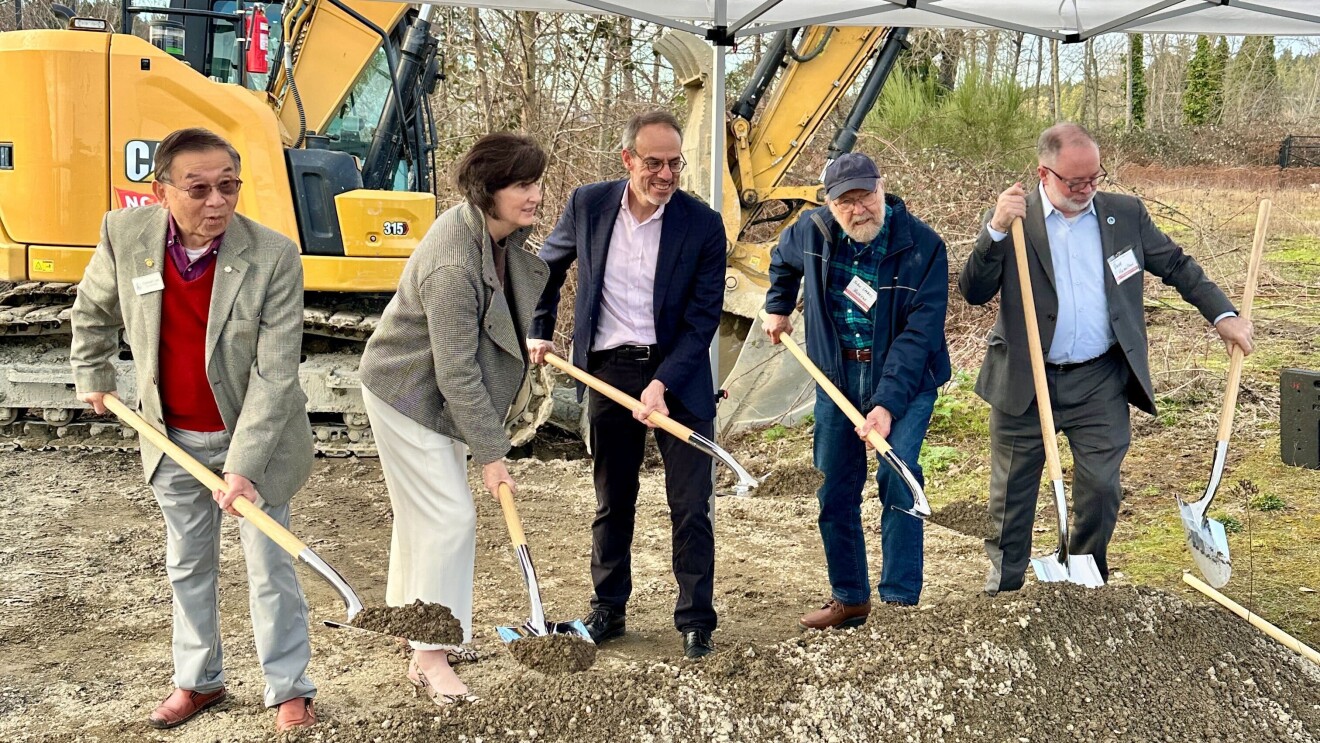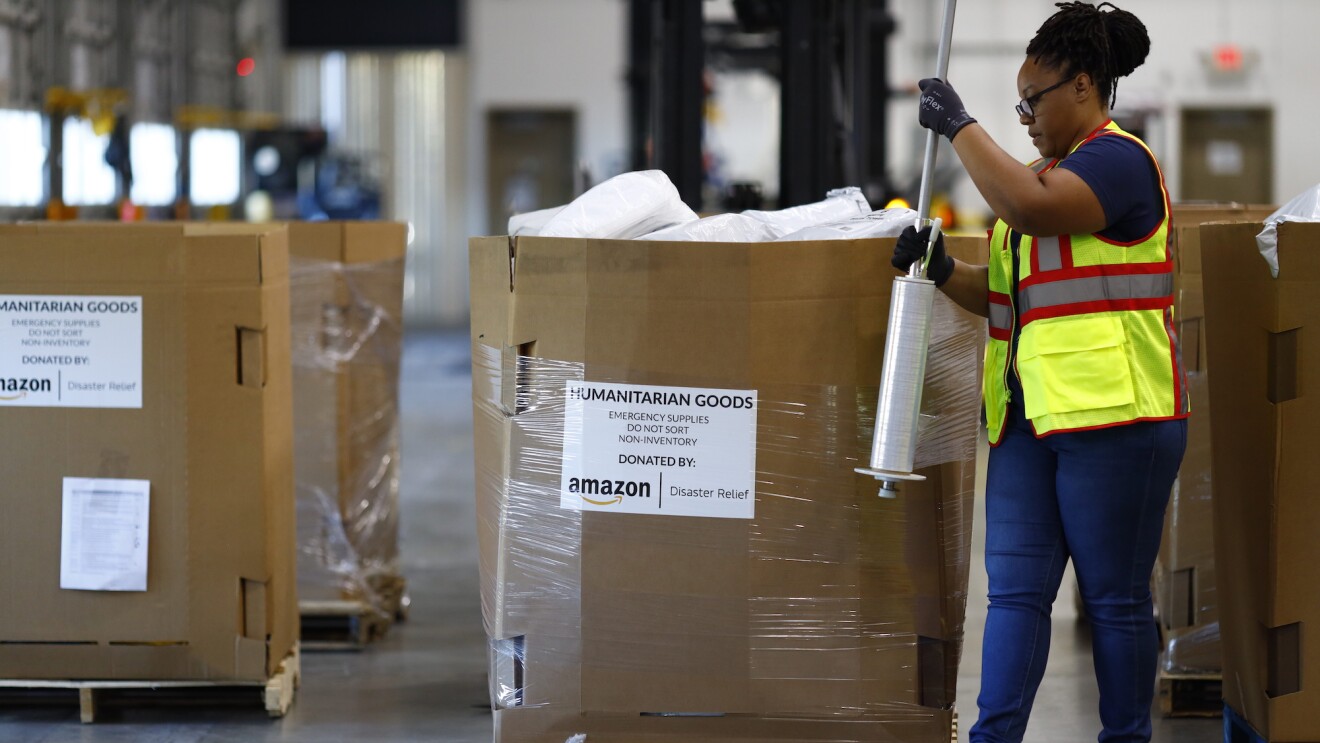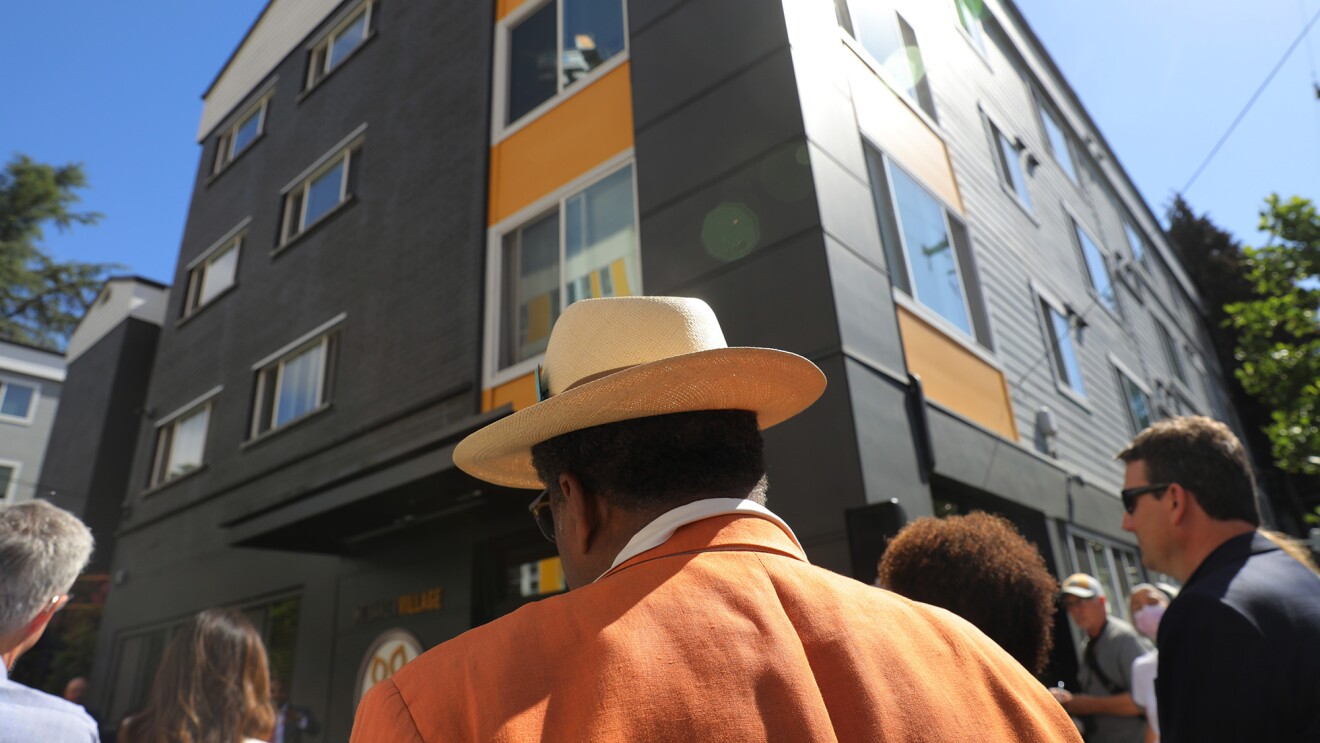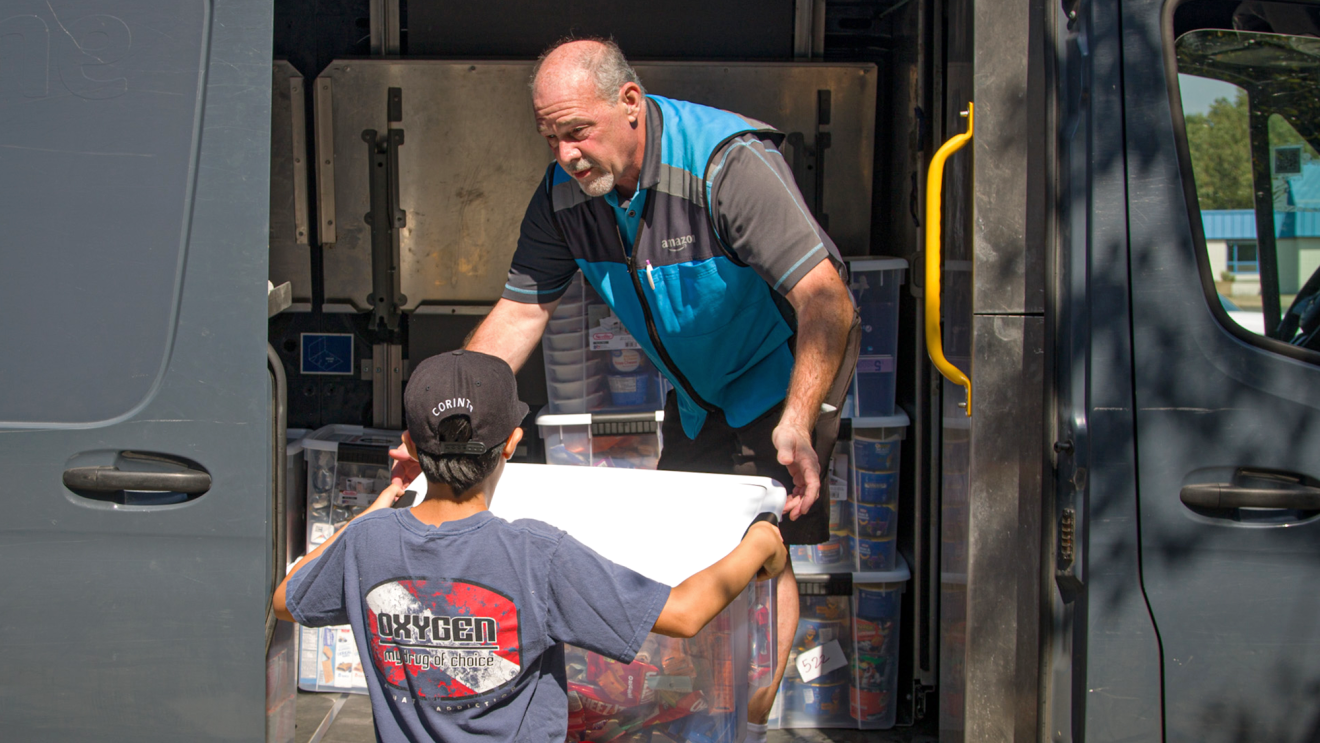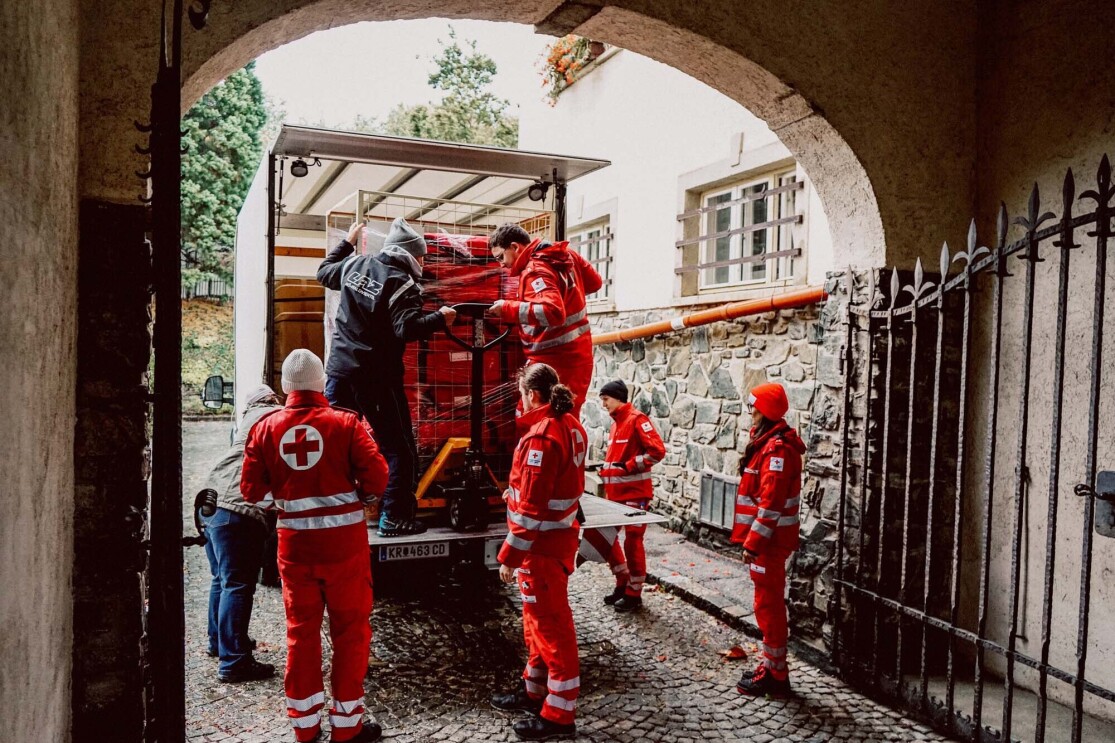Before a rapt audience in New York earlier this year, four women described what it was like to be a Muslim writer in today’s America.
Pakistani writer Humera Afridi read a story about Muslim women in Bay Ridge, Brooklyn who “have been spat on, kicked, yelled at, and had their hijabs pulled,” who have been taking self-defense classes to learn how to respond to the violence and to the “go home” taunts.
As a journalist, Afridi is normally an impartial observer, but lately she’d become “self-aware of my identity as a Muslim woman writer, something I hadn’t given much attention to before.”
“It has made me wonder about the literary legacy that's mine and the responsibility that I have as a writer to shatter ossified stereotypes of Muslims through dynamic and nuanced storytelling.”
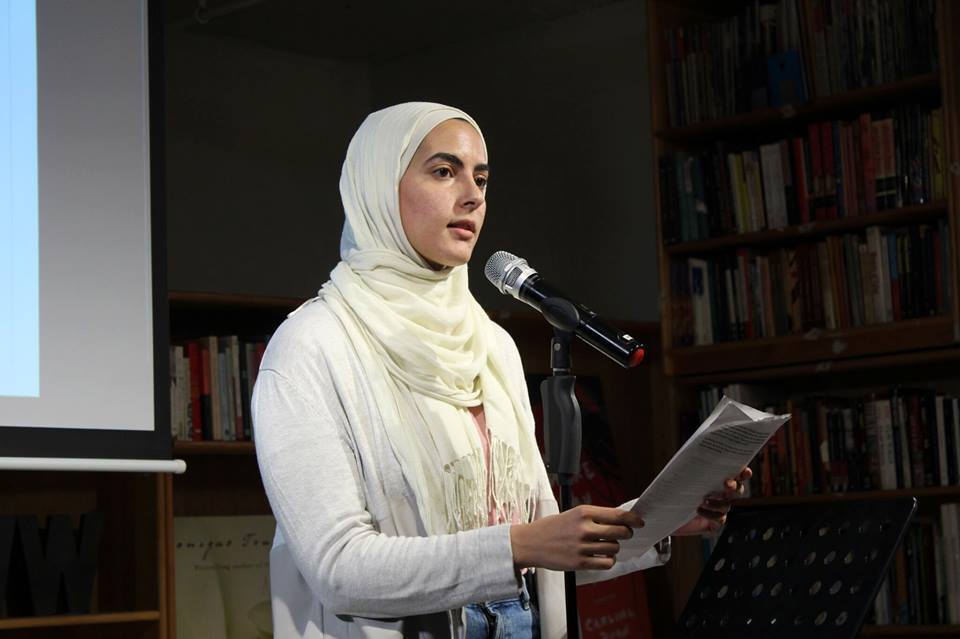 Palestinian-American writer Sumaya Awad
Palestinian-American writer Sumaya AwadAfridi and the other three writers were part of a unique fellowship program for Muslim writers created by the Asian American Writers’ Workshop (AAWW) and funded by the Amazon Literary Partnership. The fellows spent six months writing about Islamophobia’s impact on Asian-American communities in New York. The AAWW fellowships are an example of how the Amazon Literary Partnership works to support writers and writing programs across the US, with a particular focus on uplifting and amplifying overlooked voices.
Today, we’re announcing 70 grants to nonprofit groups—including AAWW—whose mission is to bring to life vital stories by under-represented writers. Through grants to authors and the literary community, the Amazon Literary Partnership seeks to give writers access to tools, training, and support that will help them tell their stories and find their readers.
In 2018, grants are being awarded to Lambda Literary, Seattle Arts & Lectures, the National Book Foundation, Cave Canem, Poets & Writers, Girls Write Now, Words Without Borders, Hugo House, Hedgebrook, Copper Canyon Press, Loft Literary, among others across 15 states.
“Amazon’s support of the Asian American Writers' Workshop is an investment in our mission to build a sanctuary space against xenophobia, Islamophobia, and racism,” said Ken Chen, AAWW’s Executive Director. “At AAWW, we believe that stories form a vital role in creating new narratives and imagining what our country can be—and we are grateful for the support.”
This year’s grant recipients include writing centers, residencies, fellowships, after-school classes, literary magazines, translation programs, independent publishers, poetry presses, and national organizations that champion storytelling and free speech. Since 2009, the Amazon Literary Partnership has provided nearly 500 grants totaling more than $10 million to organizations assisting many thousands of writers.
Writing takes time and commitment and we are thrilled to be able to support organizations that share our desire to energize authors’ careers. Seeing the payoff is awesome.
Alice Shobe - director of Amazon in the Community
“At Amazon, we believe in the long game,” said Alice Shobe, Director of Amazon in the Community, which includes the Amazon Literary Partnership and other community outreach programs. “Writing takes time and commitment and we are thrilled to be able to support organizations that share our desire to energize authors’ careers. Seeing the payoff is awesome.”
Writers supported or published by these organizations have gone on to become bestsellers and award winners. Last year, two alumni of the Asian American Writers’ Workshop were National Book Award finalists, as were five authors published by Graywolf Press, including Carmen Maria Machado, whose story collection, Her Body and Other Parties, also won a National Book Critics Circle Award and a Lambda Literary Award for LGBTQ writers.
The Amazon Literary Partnership continues its support of Lambda Literary’s Writers Retreat for Emerging LGBTQ Voices, a program that has produced such notable books as Nicole Dennis-Benn’s debut novel, a New York Times Notable Book of the Year, Chen Chen’s debut poetry collection, which was longlisted for a National Book Award, and Justin Torres’ debut novel, now a feature film that premiered at Sundance. “These are just a few examples of dozens where Amazon's investment in Lambda Literary Fellows has made a major impact on our literary landscape,” said Tony Valenzuela, Lambda Literary’s outgoing Executive Director.
The LA-based program, WriteGirl, provides writing workshops and mentoring that has helped more than 300 under-served teens publish their stories, in print and online.
“Teen girls in Los Angeles are often invisible. The girls we work with face immense challenges, including depression, violence, instability, and lack of resources,” said Keren Taylor, WriteGirl’s Executive Director. “We're excited for this grant and the many girls it will allow us to help become confident writers and storytellers. Their voices matter.”
In Boston, the Amazon Literary Partnership will again support the Grub Street writing center and its annual Muse & the Marketplace conference, which has increasingly focused on empowering writers of color. This year’s conference included a packed-house conversation about racism in Boston, featuring the Boston Globe’s‘Spotlight’ team, and a keynote conversation on cultural appropriation between authors Peter Ho Davies and Celeste Ng.
“In the past five years, Grub Street’s Muse & the Marketplace Conference has grown into the premier such conference in the country, known for carefully curated craft sessions, the opportunity for meaningful connections to editors and literary agents, and the diverse and talented cohort of writers of all levels who come to teach and learn,” said Grub Street Executive Director, Eve Bridberg. “We couldn’t have done it without Amazon’s partnership.”
We’re thrilled to announce this year’s Amazon Literary Partnership grant recipients and look forward to reading the works of their writers.
Additional examples of Amazon Literary Partnership grant funds in action:
1. 5 Under 35 This National Book Awards program selects five young fiction writers whose work promises to leave a lasting impression on the literary landscape. For 2017, all five honorees were women, three of them women of color.
2. Poem a Day The Academy of American Poets shares poems by 300+ poets from diverse backgrounds via email, newspaper, social media and online at Poets.org, reaching half a million readers a day. (Amazon is also working to bring Poem a Day to Alexa.)
3. Cave Canem Cave Canem empowers more than 100 poets of color each year through community workshops, poetry readings, craft conversations, an annual week-long writing retreat, and fellowships for emerging arts professionals.
4. National Novel Writing Month (NaNoWriMo) Support for NaNoWriMo’s Young Writers Program last year reached more than 100,000 students by providing free writing resources to 10,000 classrooms.
5. VIDA: Women in Literary Arts Known for it’s annual VIDA Count, which tallies gender imbalances in publishing, VIDA also conducts #saferLIT programs to prevent sexual harassment and the silencing of marginalized voices in the literary community.
6. Hedgebrook Alicia Garza said her time at this women’s writing retreat on Whidbey Island -- to work on a book about Black Lives Matter, which she co-founded – gave her the time to “nourish myself unapologetically... Here I exhale and know that the land is holding me, the staff is holding me, my incredible cohort of writers is holding me, and all the women who came before me are holding me.”
Trending news and stories
- Amazon unveils 7 new robots powering faster, safer deliveries: Go inside our most innovative delivery station yet
- Introducing Vulcan: Amazon's first robot with a sense of touch
- This new AI tech will make sorting packages easier for Amazon's delivery station employees
- How Amazon helps data center communities thrive



